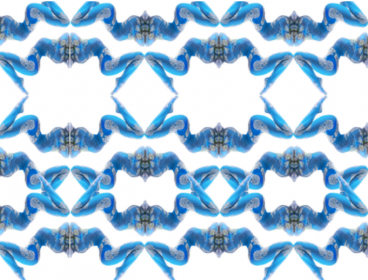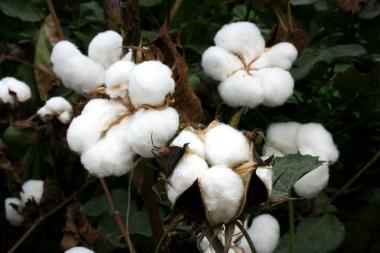Asahi Kasei to reshape its ROICA™ premium stretch fiber business global production strategy
- Asahi Kasei Corporation markets premium stretch fiber under the brand of ROICA™, with superior performance features enabled by integrated production from raw material to yarn based on its advanced technology.
- The specialized global holding operates its global ROICA™ business having production sites in Japan, Thailand, Taiwan, China, and Germany with strategic sales facilities around the world.
With deep regret, Asahi Kasei has taken the decision to restructure its production strategy in order to face the new, unexpected and critical market situation. As part of this process, the production and sales of ROICA™ at its German subsidiary, Asahi Kasei Spandex Europe GmbH in Dormagen, will be discontinued by March 31, 2022.
Recognizing the paramount importance of the European market, especially when it comes to smart innovation where ROICA™ is a leader, and with the goal of continuing the excellent longtime work with valued partners, customers and supply chains, Asahi Kasei will continue to develop sales, technical and marketing services in Europe through Asahi Kasei Europe, the European regional headquarters of the Asahi Kasei Group. It will especially focus on ROICA™ added value products manufactured at its ROICA™ production sites in Asia.
Through this process, Asahi Kasei will reshape the efficiency and productivity of its global ROICA™ operation by keeping a strong focus on responsible innovation and sustainability in close communication, and safeguarding its business partners.
As a manufacturer of superior quality, highly functional and sustainable ROICA™ products, Asahi Kasei will continue its journey of responsible innovation aiming to provide solutions to the textile industry and to contemporary consumers, by enhancing production capabilities and expertise at the global sites supported by an expert, wise and efficient company.
GB Network


















